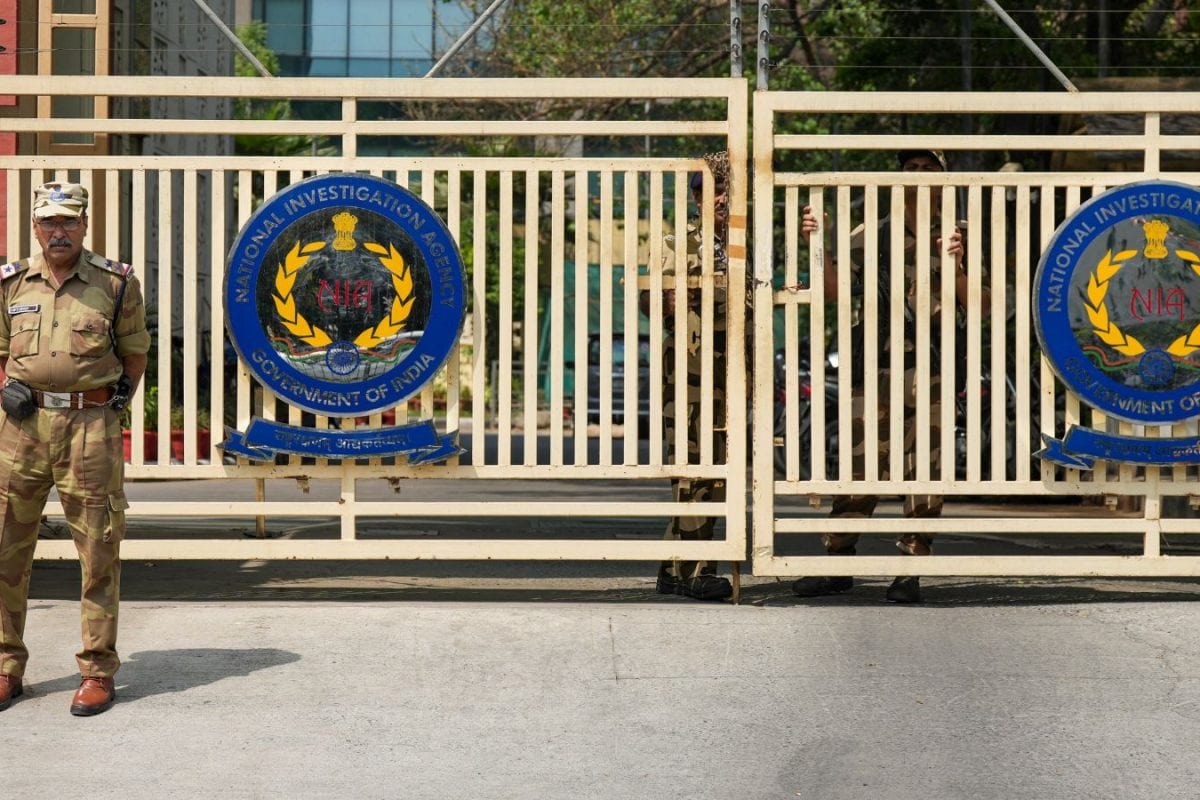

A special court in Jammu has rejected a plea by the National Investigation Agency (NIA) to conduct polygraph and narco-analysis tests on two men arrested in connection with the Pahalgam terror attack. The court ruled that these "scientific techniques" would violate the right against self-incrimination, as enshrined in the Constitution.
The NIA had arrested Bashir Ahmad Jothatd and Parvaiz Ahmed on June 22, 2025, accusing them of providing shelter, food, and logistical support to the terrorists involved in the April 22 attack in Pahalgam that resulted in the death of 26 people. Following their arrest, the NIA sought permission from the court to conduct polygraph and narco-analysis tests on the accused, arguing that their statements were inconsistent and were hampering the investigation. The agency also claimed that the accused had voluntarily consented to the tests to prove their innocence.
However, during a court hearing on August 29, Jothatd and Ahmed refuted the NIA's claim and stated that they were unwilling to undergo the tests. The court also noted that no voluntary consent statement was taken from the accused by the agency while in custody. The Deputy Legal Aid Defence Counsel argued that the accused are unlettered pony operators from the Gujjar/Bakerwal community and should have been produced before a judicial magistrate who would record the reasons, apprise them in their language of the tests, and grant them sufficient time to think before recording their consent.
Special NIA judge Sandeep Gandotra dismissed the NIA's petition, emphasizing that conducting such scientific tests on the accused without their consent would violate their right against self-incrimination, which is protected under Article 20(3) of the Constitution. The court cited a Karnataka High Court judgment and guidelines from the National Human Rights Commission, observing that involuntary administration of scientific techniques like narco-analysis and polygraph tests would undermine the reliability and voluntariness of statements admitted as evidence. The court further stated that the underlying rationale of the right against self-incrimination is to ensure the reliability and voluntariness of statements that are admitted as evidence.
The NIA had argued that the tests were necessary to gain precise and substantial leads in the investigation, but the court ultimately sided with the accused, protecting their constitutional rights.